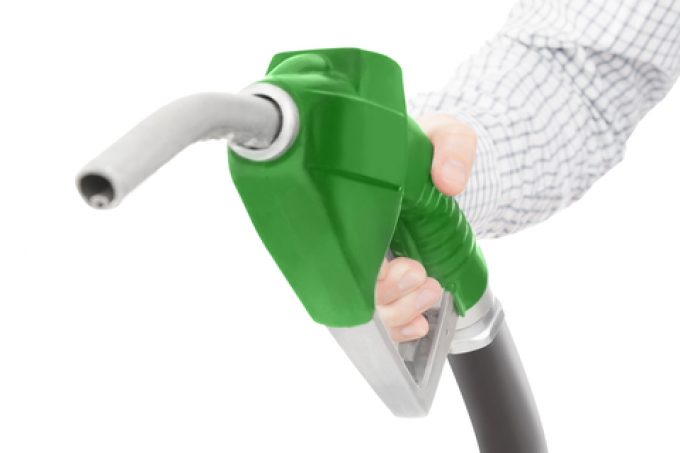Mercedes-Benz places record order for SAF with DB Schenker
DB Schenker has received its largest single order for sustainable aviation fuel (SAF) with Mercedes-Benz’s ...

The hype surrounding green methanol is taking further hold, with 16 16,000 teu newbuild vessels now on order for Evergreen at Korea’s Samsung HI, in a deal worth $3.1bn.
The ships are set to be delivered by end-2027 and add to Evergreen’s methanol newbuilds under construction at Nihon Shipyard in Japan, to make 25 in total.
The new order demonstrates a willingness to follow Maersk in choosing green methanol as the preferred new fuel for shipping, instead of green ammonia.
Separately, MAN Energy ...
Asia-USEC shippers to lose 42% capacity in a surge of blanked sailings
USTR fees will lead to 'complete destabilisation' of container shipping alliances
New USTR port fees threaten shipping and global supply chains, says Cosco
Outlook for container shipping 'more uncertain now than at the onset of Covid'
Transpac container service closures mount
DHL Express suspends non-de minimis B2C parcels to US consumers
Zim ordered to pay Samsung $3.7m for 'wrongful' D&D charges
Flexport lawsuit an 'undifferentiated mass of gibberish', claims Freightmate

Comment on this article